Kenyan opposition politicians have filed yet another legal challenge to Kenya’s planned deployment of police to Haiti in order to assist them in regaining control against the many different gangs which plague the nation.
More Challenges and Expectations
Recent events imply that Kenya’s deployment of police to Haiti is finally going to happen. While there is no definitive date for when they are due to arrive, they are expected to arrive in a few days.
This expectation seems more likely as US civilian contractors arrived in Haiti last week in order to begin construction on a living quarters for the Multinational Security Support (MSS) mission, which is headed by Kenya.
At home, the Kenyan contingent that is to be deployed gathered again last week for the first time since March. Kenya’s deployment numbers 1,000 police officers.
This week, however, Kenyan oppositionists have filed another legal challenge to the deployment, one of many that have delayed the deployment for many months.
Ekuru Aukot, the Kenyan politician and lawyer who filed the first legal challenge against Kenya’s planned deployment in October, has accused Kenyan President William Ruto of defying court orders in pressing ahead with the deployment.
The most recent court decision which struck down the deployment was in January. The ruling declared the deployment unconstitutional, however stated that if there was the existence of a reciprocal agreement between Kenya and Haiti, the deployment would be allowed.
In early March, President Ruto and the then Haitian Prime Minister Ariel Henry signed an agreement in Kenya, an agreement they hoped would satisfy the needs of the court.
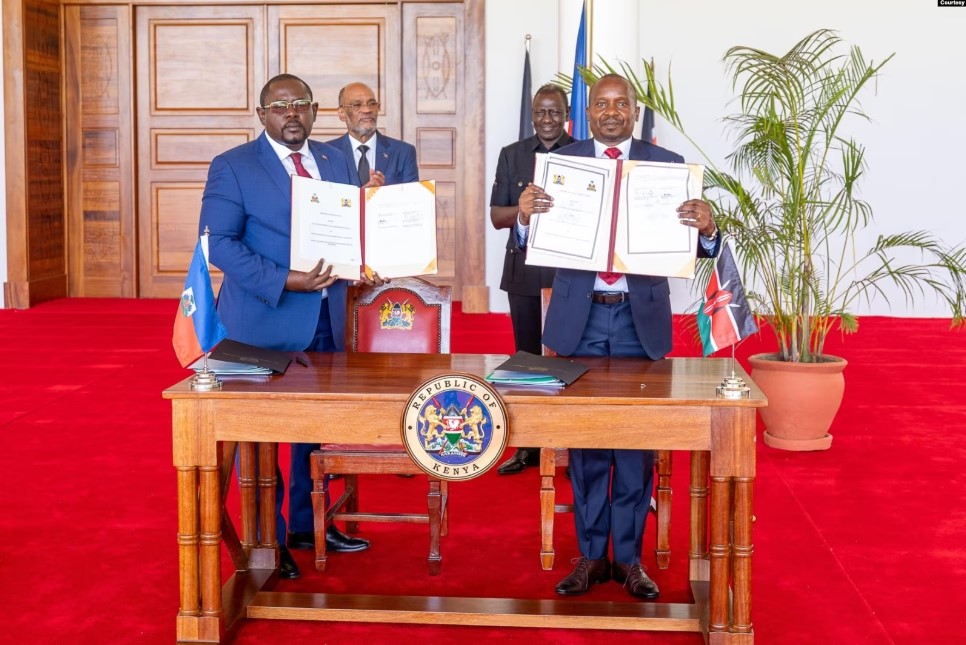
A number of days later, insecurity in Haiti forced PM Henry, who was prevented from returning to Haiti by a myriad of gang attacks, to resign.
Aukot and Miruru Waweru, who together head the Thirdway Alliance opposition party in Kenya, have accused President Ruto of defying the court order by signing the agreement with Haiti.
The legitimacy of the agreement was called into question after PM Henry resigned. Since the PM’s resignation, a transitional council has taken power in the country, and is headed by interim Prime Minister Michel Patrick Boisvert.
The Nairobi High Court has ordered the lawsuit to be served to top government officials. The first hearing on the new challenge is to be held on June 12th. It is unclear if this challenge will further delay Kenya’s deployment, or if legal proceedings will take place after the deployment has began.
Kenya’s government has not formally responded to the new challenge.
Kenya’s Deployment
A multi-national deployment, UN or not, was initially requested by PM Henry in 2022. The call was not answered until July 2023, when President Ruto announced Kenya’s intention to head the force, in cooperation with the UN.
The deployment is to assist Haiti’s underequipped and outnumbered police force in combatting rampant crime in the nation, fuelled in massive part by a plethora of different gangs in the nation, primarily the ‘G9’, an association of gangs headed by former police officer Jimmy ‘Barbecue’ Cherizier.
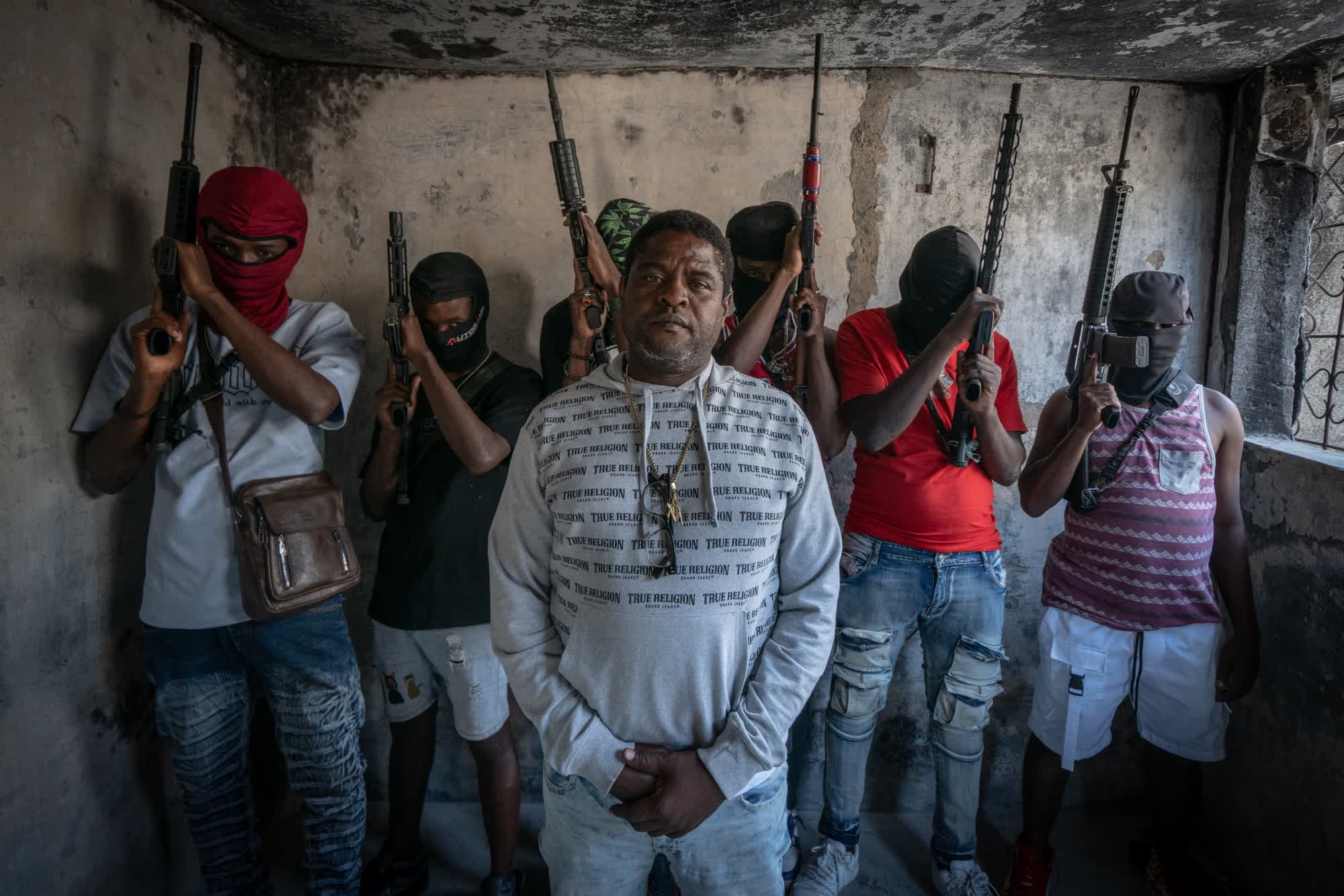
Kenya is to deploy 1,000 police officers. Several other nations, the list of which has changed over time, have pledged personnel as well. Presently; Jamaica, Bangladesh, Barbados, the Bahamas, Benin, and Chad have pledged their own police officers.
The “mission for humanity”, as President Ruto described it, will be funded and supplied by the UN, with the US being the primary backer having pledged 300 million USD to the mission, 200 of which is to come from the Department of Defence.
Many nations have been reluctant to commit to the mission in Haiti with the convoluted political situation the nation has, having gone three years without an elected president since President Jovenal Moise was assassinated in 2021. PM Henry became the acting President following President Moise’s assassination. Haiti has not had an election since 2016.
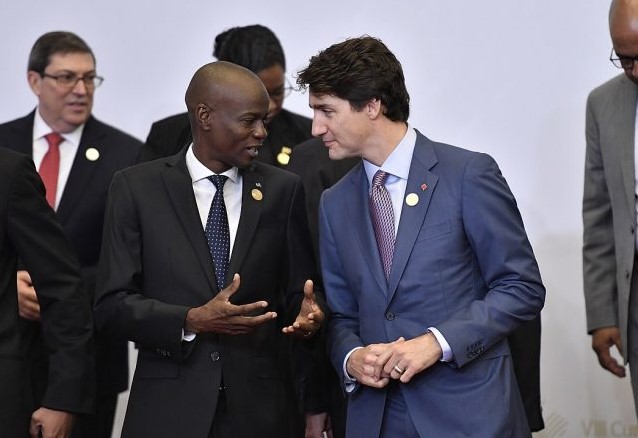
Continual Delays
The deployment was announced by President Ruto in July, and approved by the UN Security Council in October. However, it has faced continual legal challenges in Kenya, which have delayed the deployment up to the present day.
Kenyan courts first rejected it in October of 2023, mere days after the UN approved the mission, stating that it was unconstitutional citing both the current issue of deploying police outside of Kenya, as well as on the grounds that it does not invoke public participation.
Following a survey of public views on the deployment in early November the Kenyan parliament approved the mission on November 16th, stating that the need for public participation had been met, and argued that since Haiti had specifically requested police officers that satisfied any legal requirements for deploying police officers outside of Kenya.
The court again rejected the deployment, just a few hours after the parliamentary approval. At the time, the court had stated a final decision would be made on January 26th, 2024. January 26th came, and passed with a third rejection of the deployment.
The court had again stated that the deployment of police officers outside of Kenya would be a violation of the constitution and Kenyan law. However, they said should there be a “reciprocal arrangement” with the host country, that it would be allowed.
As previously stated, that reciprocal arrangement was signed between Kenya and Haiti in early March.
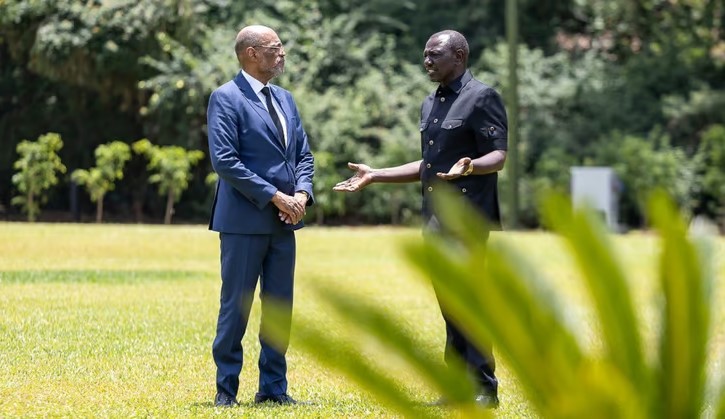
Descent into Chaos
While PM Henry was out of the country travelling to Kenya in order to sign the reciprocal agreement, the nations gangs, primarily Cherizier’s G9, launched attacks nation wide. Attacks were largely concentrated in the capital, Port-au-Prince, where the gangs launched attacks against airports, prisons, police stations, businesses, and the city port. The gangs were successful in a number of these attacks, which began as a rather violent method of ‘protest’ against both PM Henry and the deployment, and quickly turned into attacks aimed at bringing about PM Henry’s resignation, as was demanded by Cherizier.
The attacks successfully freed several thousand prisoners from Haitian jails in attacks on March 2nd. Several days later, on March 5th, PM Henry was attempting to return to Haiti after having travelled to Kenya. He boarded a charter flight in the US, and headed for Haiti. However, attacks by the G9 against the Port-au-Prince airport, with the purpose of preventing PM Henry from returning, grounded flights and prevented the PM’s plane from landing. The neighbouring Dominican Republic refused the planes request to land there, prompting them to fly to Puerto Rico, where it is believed PM Henry remains. Several days later, with mounting internal and external pressure, PM Henry resigned on March 11th.
The airport has remained closed since these attacks.
Insecurity has remained rampant in the country, with clashes between gangs and police taking place frequently, and civilians oftentimes being subject to gang violence.
In 2023, the UN estimates the nation witnessed approximately 4,800 murders. This is more than double that of 2022, which witnessed 2,088. Homicides in Haiti have been on an upward trend since 2018, which witnessed 743 murders.
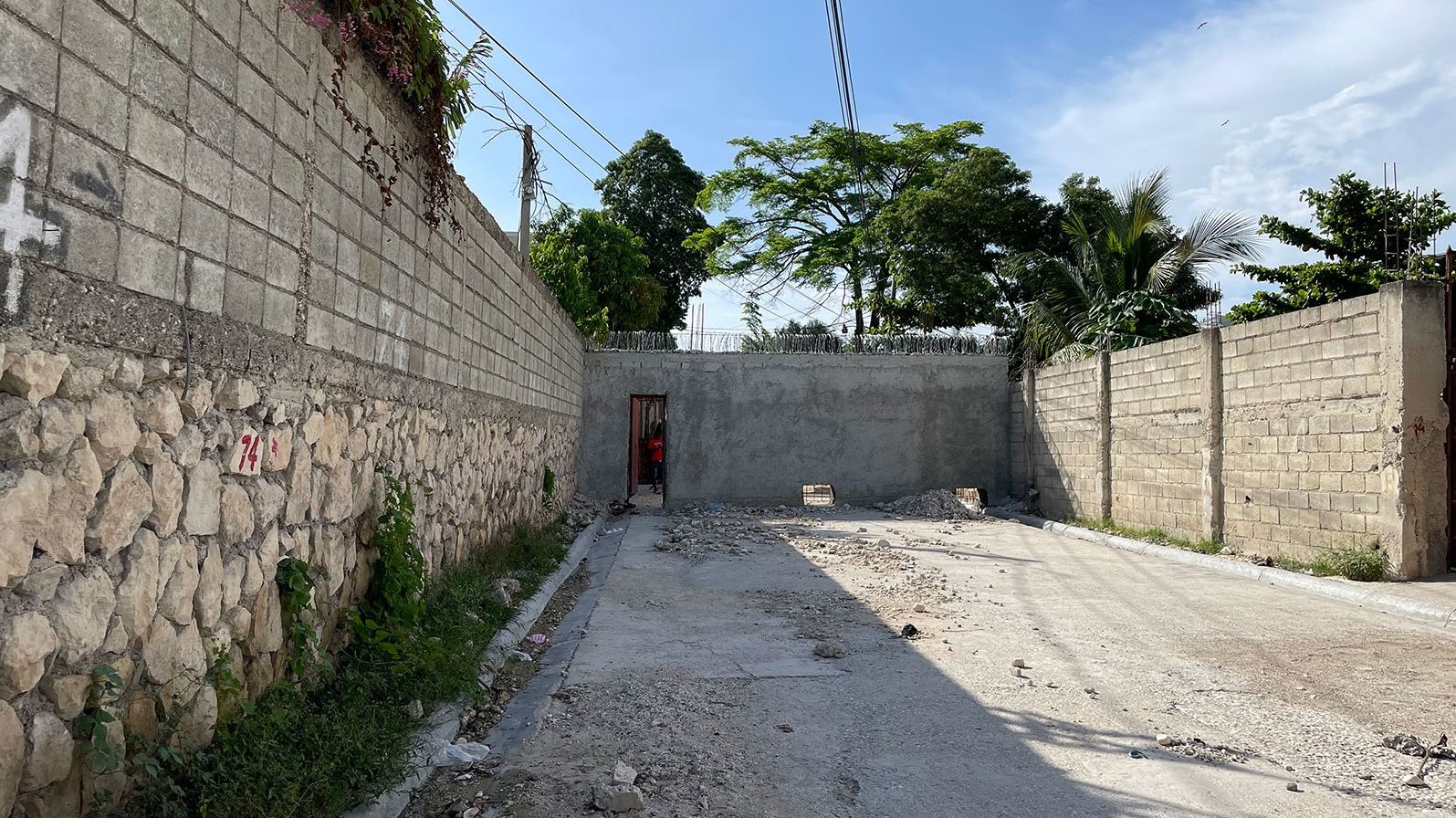
2024 is slated to beat last year in homicides. The UN reported that in the first quarter of 2024, above 1,550 people had been killed by gangs, with an additional 1,000 injured.
On top of killings, kidnappings are extremely common in Haiti, with gangs oftentimes kidnapping people and demanding ransom for their return. There have been numerous prominent cases of foreign nationals who were kidnapped by Haitian gangs who promptly demanded ransom for their return.
Gang violence is primarily concentrated in Port-au-Prince.


